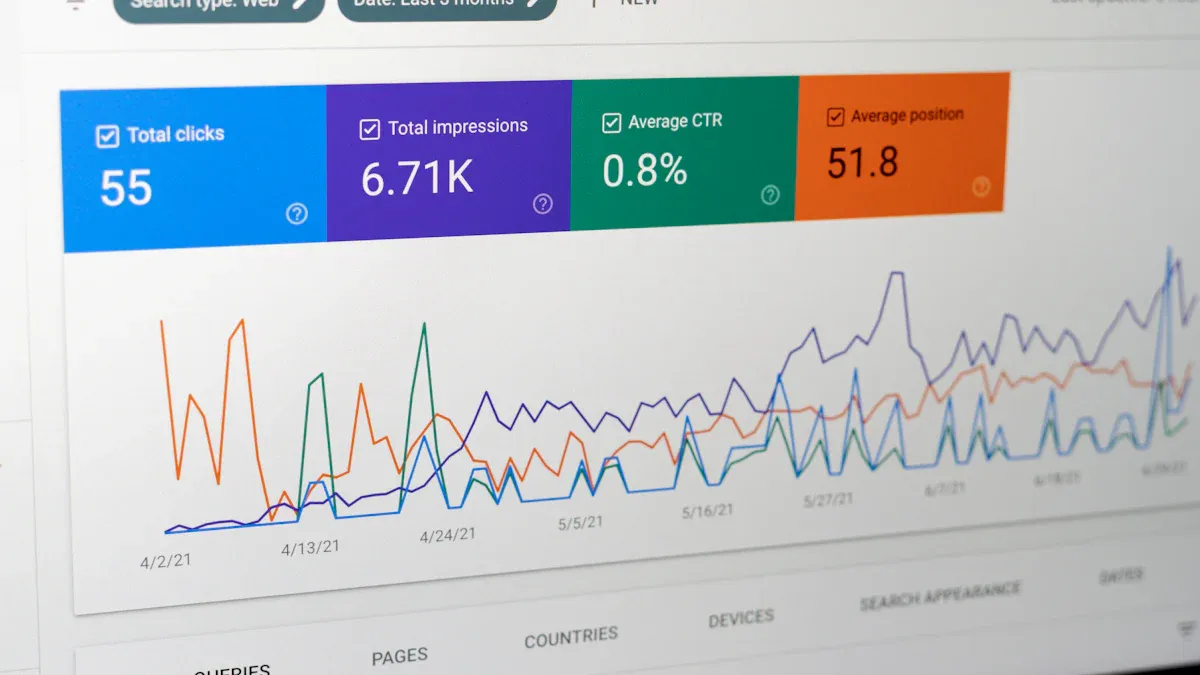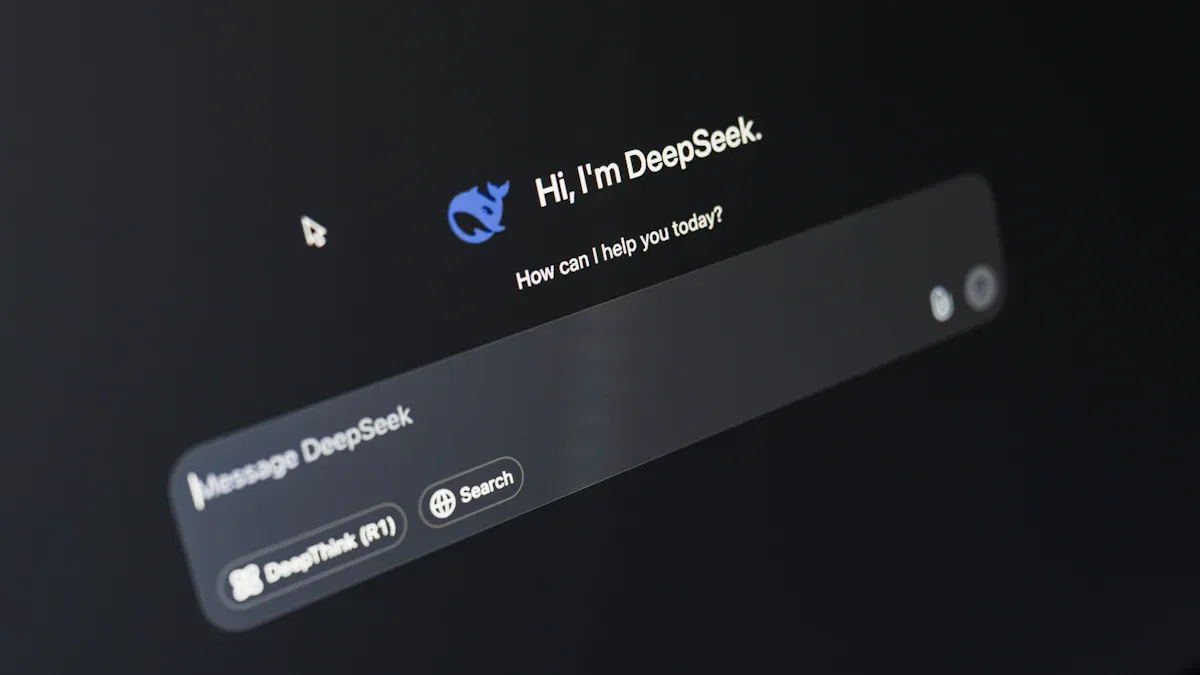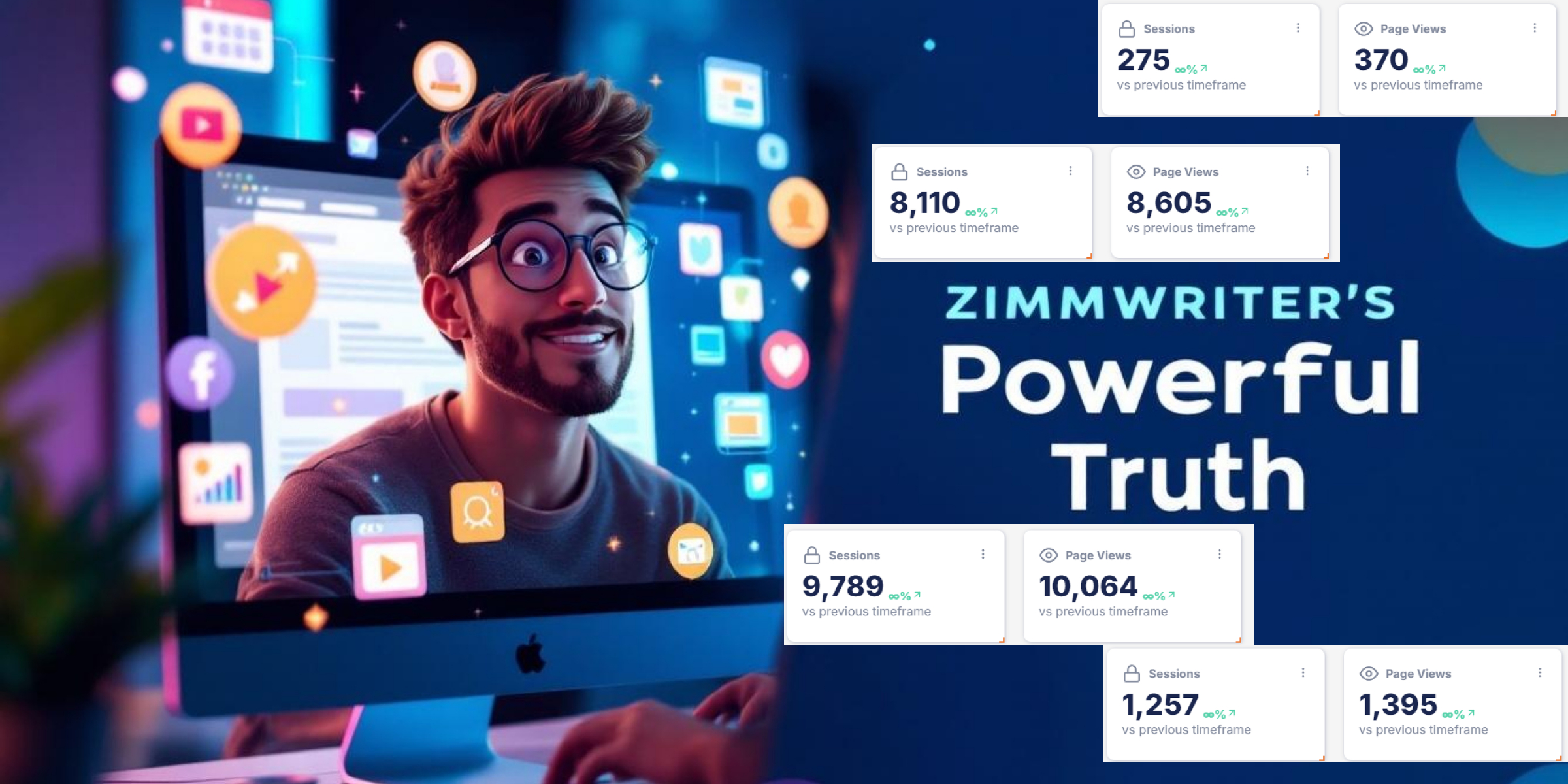DeepSeek has faced bans in several countries due to growing concerns about its impact on privacy and security, leading to the term “DeepSeek banned” becoming more common in discussions. Italy’s data protection authority blocked DeepSeek over how it handles user data. Australia prohibited its use on government devices, citing security risks. South Korea also restricted access, particularly in state-run entities. Many worry about DeepSeek storing user data in China, which raises fears of government access and compliance with censorship policies. These issues highlight the risks of AI technologies and their potential misuse, prompting nations to take action to protect their citizens.
Key Takeaways
DeepSeek is being banned in many countries over data safety worries.
Be careful sharing personal details on apps like DeepSeek. Your data might be kept in places with poor privacy rules.
If you use DeepSeek, look for other AI tools that keep your data safe.
Learn how AI tools use your data to stay protected.
Governments are making more rules for AI to keep users safe while allowing new ideas.
Where Is DeepSeek Banned?

Countries and Regions Banning DeepSeek
Several countries have officially banned DeepSeek due to concerns over data privacy and security. These include:
United States: Authorities cited potential security and ethical risks.
South Korea: Temporary restrictions were imposed due to security concerns.
Australia: The government blocked DeepSeek for national security reasons.
Italy: Data regulators limited access, citing insufficient transparency about data usage.
Taiwan: Officials banned DeepSeek in the public sector, fearing data leaks to China.
These nations share common concerns about DeepSeek’s ties to China and its potential misuse of user data. The bans reflect a broader trend of countries scrutinizing AI technologies and their implications for national security.
Laws and Regulations Behind the Ban
Different regions have used specific laws and regulations to justify banning DeepSeek. The table below highlights some key examples:
Country/Region | Reason for Ban or Restriction |
|---|---|
United States | Prohibited in government sectors like NASA and the Navy due to national security risks. |
Italy | Blocked under GDPR violations for unclear data handling practices. |
Taiwan | Banned in public sectors over fears of data leaks to China. |
Belgium & Ireland | Investigated for insufficient transparency in data policies. |
Germany | Raised concerns about DeepSeek’s data collection methods. |
Australia | Considering regulatory action due to privacy concerns. |
These laws emphasize the importance of protecting user data and ensuring compliance with regional privacy standards.
Timeline of DeepSeek Bans
The bans on DeepSeek unfolded rapidly across various countries. Below is a timeline of key events:
January 30, 2025: Italy’s Data Protection Authority restricted DeepSeek over data usage concerns.
January 31, 2025: NASA blocked DeepSeek, and the US Navy issued warnings about its security risks.
January 31, 2025: South Korea requested detailed information on DeepSeek’s data management practices.
February 6, 2025: Australia announced a ban on DeepSeek for all government devices, citing security threats.
These events highlight how quickly governments acted to address the risks associated with DeepSeek, reflecting growing global concerns about AI technologies.
Why Are Countries Banning DeepSeek?
Data Privacy Concerns with DeepSeek
DeepSeek has raised serious privacy concerns due to its extensive data collection practices. Many countries worry about how the platform stores user data, particularly on servers in China. This raises fears of potential access by Chinese intelligence agencies. Privacy watchdogs in Ireland, France, and Belgium have criticized DeepSeek for its lack of transparency in data handling. Italy’s privacy regulator, GPDP, has also demanded clarity on how DeepSeek processes user data, citing risks to millions of citizens.
You may wonder why this matters. When companies fail to disclose how they collect and store data, it creates opportunities for misuse. Weak privacy policies can lead to data leaks or unauthorized access, putting your personal information at risk.
Security Risks Linked to DeepSeek
DeepSeek’s operations have been linked to an unacceptable level of security risk. Investigations revealed that its iOS app transmits device information without encryption, making it vulnerable to interception. The app also disables App Transport Security and uses outdated encryption methods. These flaws expose users to potential cyberattacks.
Experts like Kennedy have warned that while no direct exploitation has been confirmed, DeepSeek’s weak architecture could enable large-scale cyber espionage. Countries like Australia and the United States have banned DeepSeek from government systems, citing national security threats. Such actions highlight the growing concern over AI platforms that fail to prioritize cybersecurity.
Allegations of Misuse or Mismanagement by DeepSeek
DeepSeek has faced allegations of intellectual property theft and unethical practices. U.S. officials and companies like Microsoft and OpenAI have accused DeepSeek of using distillation techniques to extract knowledge from proprietary AI models. During a Senate hearing, Howard Lutnick claimed DeepSeek had stolen intellectual property, describing its actions as deliberate and harmful.
Regulators in Italy have also questioned DeepSeek’s data collection methods, giving the company a 20-day deadline to provide detailed information. These allegations suggest that DeepSeek’s practices may not align with ethical AI development standards. For users, this raises concerns about whether the platform can be trusted to operate responsibly.
Are the Reasons for Banning DeepSeek Legitimate?
Expert Opinions on DeepSeek’s Data Privacy Issues
Experts have voiced significant concerns about DeepSeek’s data privacy practices. They highlight several vulnerabilities in its iOS app that could put your personal information at risk. For instance:
The app transmits device information without encryption, making it easy for hackers to intercept.
It disables App Transport Security, allowing unencrypted data to flow freely.
A deprecated encryption algorithm (3DES) with a hard-coded key further compromises security.
These flaws suggest that DeepSeek’s developers may have overlooked basic security protocols. Privacy experts also worry about how your data is handled once stored on servers in China. Chinese national security laws could allow government access to this information. To protect yourself, experts recommend avoiding sharing sensitive details on the platform and using tools like VPNs for added privacy.
Analysis of Security Threats Posed by DeepSeek
DeepSeek’s operations present several security vulnerabilities that could lead to exploitation. Cybersecurity analysts have identified risks tied to its data storage practices. User data stored on Chinese servers remains subject to local laws, raising fears of cyberespionage. Analysts also point to weak protections against data leaks and inaccuracies in AI outputs. A security firm even discovered unsecured data, exposing sensitive information to potential attackers.
Another investigation revealed a 100% attack success rate on DeepSeek’s systems, highlighting its lack of robust defenses. These findings underline the potential security and ethical concerns surrounding the platform. For governments and individuals alike, these vulnerabilities pose serious threats to privacy and security.
Counterarguments from DeepSeek and Its Supporters
DeepSeek and its supporters argue that the bans are unjustified. They claim that distillation, a method they use to train AI models, is a common practice in the industry. Companies like OpenAI also use similar techniques. DeepSeek further asserts that no direct evidence of intellectual property theft has been presented against them. Instead, they attribute their success to cost-efficient training methods.
Supporters also point out that OpenAI has faced its own ethical challenges, including copyright violations. This raises questions about whether the criticisms of DeepSeek reflect a double standard. While these counterarguments may not address all concerns, they highlight the complexity of the debate surrounding AI security and ethics.
The Geopolitical Context of DeepSeek Bans
International Relations and DeepSeek’s Role
DeepSeek’s bans are deeply tied to international relations. Countries view its operations as a potential threat to national security and data sovereignty. Many governments worry about how DeepSeek stores user data, particularly on servers in China. This raises concerns about access by Chinese authorities under local laws. For example, Italy and Taiwan have banned DeepSeek in public sectors to protect sensitive information. Australia and the United States have also restricted its use in government systems, citing similar fears.
A closer look reveals that these decisions stem from broader geopolitical tensions. The table below highlights key reasons for the bans:
Reason for Ban | Description |
|---|---|
Data Access and Control | Concerns about Chinese government access to sensitive user data stored on DeepSeek’s servers. |
Censorship Mechanisms | Fear of compliance with Chinese censorship policies, which could suppress sensitive topics. |
Influence Operations | Apprehensions about DeepSeek being used for disinformation or surveillance. |
Data Sovereignty | Non-compliance with local data laws, leading to regulatory actions. |
Tech Competitiveness | Disruption of the AI market, challenging established players like OpenAI and Google. |
These factors show how DeepSeek’s role in international relations has made it a focal point for regulatory scrutiny.
Concerns Over Foreign Influence Through DeepSeek
DeepSeek’s ties to China have sparked fears of foreign influence. Governments worry that its technology could be used for disinformation campaigns or surveillance. South Korea, for instance, restricted DeepSeek in government systems to safeguard national data. Similarly, France’s data watchdog is investigating its data handling practices.
Countries like Australia and Taiwan have also acted to prevent potential misuse. They fear that DeepSeek’s compliance with Chinese censorship policies could allow the spread of biased information. These concerns highlight the risks of relying on AI platforms with ties to foreign governments.
AI and Technology Rivalries Impacting DeepSeek
The bans on DeepSeek reflect a larger narrative of global AI rivalries. Its rapid success has disrupted the dominance of established players like OpenAI and Google. DeepSeek’s ability to deliver high performance at a lower cost has raised concerns among competitors.
The US-China rivalry further complicates the situation. The United States views DeepSeek as a potential security threat, given its ties to China. This rivalry influences regulatory decisions, as nations prioritize their own technological advancements. The competitive landscape in AI has made DeepSeek a target, not just for its practices but also for its impact on the global market.
What Does the DeepSeek Ban Mean for Users?

Impacts on User Data Privacy and Security
The DeepSeek ban has significant implications for your data privacy and security. Governments and privacy watchdogs have raised concerns about how DeepSeek handles personal information. Critics point out that the platform collects extensive user data, including chat histories and device details. This data is often stored on servers in China, where local laws could allow government access.
Here’s why this matters to you:
The platform’s data storage practices may expose your personal information to unauthorized access.
Reports suggest DeepSeek’s code could transmit user data to state-owned entities, raising fears of surveillance.
Privacy regulators in Europe have questioned whether DeepSeek complies with local privacy laws.
These issues highlight the risks to your data privacy and safety when using AI platforms with unclear privacy policies.
Changes in Access to DeepSeek Technology
The ban on DeepSeek affects how you can access its technology. If you rely on DeepSeek for AI-driven tasks, you may face disruptions. The ban could limit access to cloud-based deployments and APIs, making it harder for businesses and individuals to use the platform.
Here’s what you might experience:
Loss of access to DeepSeek’s services, especially in regions enforcing the ban.
Challenges in transitioning to alternative AI models, which may require additional time and costs.
Reduced availability of updates or support for existing DeepSeek integrations.
These changes could push you to explore other AI platforms, but adapting to new tools may take effort and resources.
Practical Advice for Users Affected by the Ban
If the DeepSeek ban impacts you, consider switching to alternative AI platforms. Several options offer robust features and prioritize user safety. The table below compares some popular alternatives:
AI Model | Key Features | Pros | Cons |
|---|---|---|---|
ChatGPT | Advanced reasoning; versatile applications. | High-quality responses. | May have slower response times. |
Grok | Humorous interactions; image generation. | Engaging user experience. | Limited to specific platforms. |
Claude | Focuses on safety and ethical AI. | Reliable for privacy-conscious users. | May face capacity issues. |
Evaluate these options based on your needs. Prioritize platforms with strong privacy policies and proven data security measures. Additionally, avoid sharing sensitive personal information on any AI platform to protect your safety.
The banning of DeepSeek highlights critical issues surrounding data privacy, security, and the geopolitical challenges of AI technologies. You should stay informed about how AI platforms handle your data and take steps to protect your personal information. These bans also reflect a growing global effort to regulate AI responsibly. Governments are balancing innovation with stricter regulations to address concerns like surveillance and improper data handling. As AI evolves, you can expect more countries to adopt similar measures, shaping a future where ethical and secure AI becomes the standard.
FAQ
What is the main reason DeepSeek is being banned?
Countries are banning DeepSeek due to concerns about data privacy and security. Governments worry that user data stored on Chinese servers could be accessed by authorities under local laws. These fears have led to restrictions in several regions.
How does the DeepSeek ban affect you as a user?
The ban limits your access to DeepSeek’s services, especially in regions enforcing restrictions. You may need to switch to alternative AI platforms, which could involve additional costs and time. It also raises questions about the safety of your personal data.
Are there alternatives to DeepSeek?
Yes, several AI platforms can replace DeepSeek. Options like ChatGPT, Claude, and Grok offer robust features and prioritize user privacy. Evaluate these alternatives based on your needs and ensure they comply with local data protection laws.
Tip: Always review the privacy policies of any AI platform before using it.
Can DeepSeek address the concerns raised by governments?
DeepSeek claims it follows industry standards for data handling and security. However, governments demand more transparency and compliance with local laws. Until these issues are resolved, bans may remain in place.
Why is DeepSeek’s connection to China a concern?
DeepSeek stores user data on servers in China, where national security laws could allow government access. This raises fears of surveillance, censorship, and misuse of sensitive information. Many countries view this as a risk to their citizens’ privacy and security.




